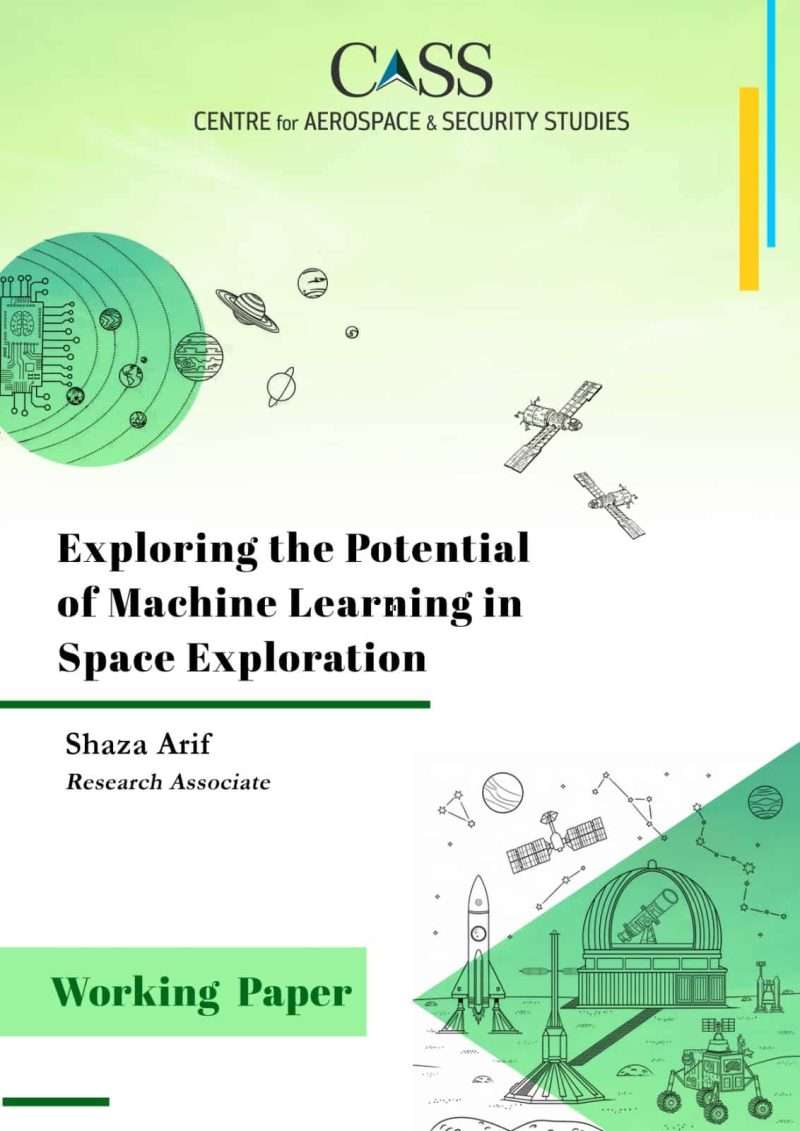Space-based capabilities have become one of the central themes in the technological discourse. Rapid proliferation of these capabilities has increased the significance of space exploration. As various space agencies and private entities expedite their ingress towards space, Machine Learning (ML) is becoming more relevant to ensure efficiency, safety and mission success. This paper examines the interplay between ML and space exploration, focusing on its key applications across three levels: near-Earth, solar system, and interstellar. The findings of this paper indicate that ML has major implications across all three levels of space exploration. In near-Earth applications, ML facilitates data collection and analysis, autonomous navigation, and development of Robonauts. At the solar system level, it plays a crucial role in planetary exploration, space weather forecasting, space debris identification, and asteroid trajectory prediction. Similarly, at the interstellar level, ML contributes to exoplanet detection, analysis of diffuse interstellar bands, and advancements in interstellar travel. However, while ML-driven applications offer substantial benefits, their implementation is hindered by various challenges arising from the inherent complexity of the space domain, necessitating targeted solutions for optimal utilisation.

Share this article

The Extraction Trap
Trump’s declaration to “run Venezuela” after Maduro’s capture is a seeming promise of a sudden cure to Venezuela’s ills. However, it ignores the nation’s terminal diagnosis of a century of plunder. The rhetoric of imminent revival on the basis of the speedy return of international oil capital and the promise of 100 billion US dollars in reconstruction funds made the intervention seem like a unique opportunity.

Future Shield: The Saudi-Pakistan Security Partnership
Although the SDMA does not identify an adversary, effectively functioning as a deterrent, it cannot be viewed in isolation from the Israeli belligerence in the Middle East. Israel’s war against Hamas has expanded beyond the genocide of Gaza; it has bombed the West Bank, Lebanon, Syria, Yemen, Iran, and recently Qatar. Tel Aviv’s campaign under the banners of ‘anti-Semitism’ and ‘terrorism’ has engulfed the whole Middle East in a war-like situation, which has generated new enemies and has deepened the instability of the region.

The Trilateral Shift
On 15 January 2026, the Pakistani defence production minister confirmed that an agreement for a new trilateral defence deal between Pakistan, Saudi Arabia, and Türkiye is in the pipeline, other than the Pakistan-Saudi bilateral deal announced last year.

